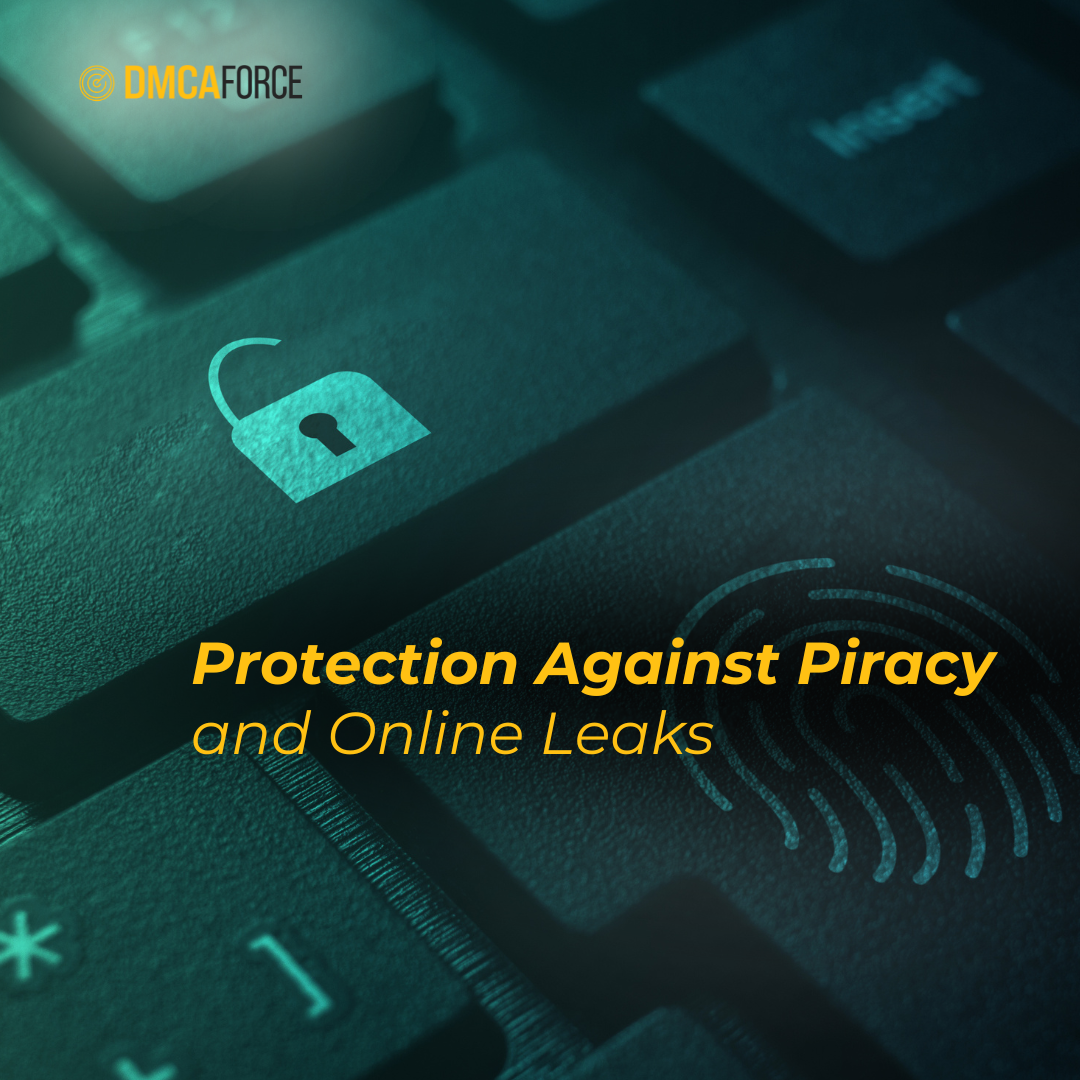News

The Vimeo Case: A Study in “Knowledge” and “Control”
At the heart of the “safe harbor” provisions of the Digital Millennium Copyright Act is the idea that Internet Service Providers should not be liable for infringements on copyright undertaken by third-party users of the ISP’s site/services/network, so long as the ISP in question adheres to the requirements delineated under Section 512 of the DMCA.
In practice, many service providers and site operators appear to interpret Section 512 to mean that so long as their website(s) accept materials uploaded by end-users, and they respond affirmatively when asked to remove copyrighted materials at the request of the rights-holder (or someone empowered to represent rights-holders, like DMCA Force), then they are, ipso facto, eligible for the protection that the safe harbor provisions offer.
Fortunately (or unfortunately, depending on one’s perspective), there’s more to receiving Safe Harbor under the DMCA than operating a user-generated content (“UGC”) site and responding to take-down notices — and if the plaintiff’s presentation of the facts of the case are accurate, then popular UGC video site Vimeo.com might be primed to receive a very unpleasant (and very expensive) lesson on the scope and contour of the DMCA’s safe harbor.
Filed in late 2009, the plaintiffs in the case include Capitol Records, EMI and various other record labels, and in their most recent filing, the plaintiffs take aim squarely at the question of whether Vimeo has satisfied the statutory requirements for receiving Safe Harbor under the DMCA.
Spoiler alert: The plaintiffs say Vimeo should receive no such protection…. and if their recitation of facts is accurate, my hunch is that the Court will concur.
In a motion requesting partial summary judgment (and opposing the same for the defendants), the record labels catalog a litany of alleged DMCA sins on the part of Vimeo and its employees, actions (and in some cases, inaction) which are likely to raise some judicial eyebrows in light of what is required of safe harbor recipients under the DMCA.
For example, the plaintiffs argue that the safe harbor provisions do nothing to obviate the liability of an ISP where the alleged infringement at issue is perpetrated by the ISP itself, including employees and staff of the ISP.
Aiming to demonstrate that Vimeo had direct knowledge of infringement on the plaintiffs’ works extant on its site, the plaintiffs assert that “Vimeo’s employees and Staff themselves make audiovisual works that infringe Plaintiffs’ music.”
Apparently, Vimeo doesn’t even dispute this claim; in its latest filing, the plaintiffs wrote “Vimeo admits that ten of the infringing videos on the schedules to the complaints in this action reside in the accounts of Vimeo employees.”
Citing the language of the DMCA directly, the plaintiffs assert that DMCA safe harbor only applies to “storage at the direction of a user,” and further argue that the “user” in question can’t be an employee of the ISP.
“Vimeo-made content is not ‘user-generated content’ and does not meet the definition of Section 512(c),” the plaintiffs argue. “Nor can Vimeo avoid liability by claiming that it is not charged with the actions of its own paid personnel whose job responsibilities include creating videos.”
The plaintiffs also argue that the fact that Vimeo employees created and uploaded some of the videos at issue in the case also belies Vimeo’s claim that it had no knowledge of the alleged infringement — an argument that seems pretty solid, on its face.
The plaintiffs assert that Vimeo’s complicity in the alleged infringement goes beyond the creation of videos, as well. “Vimeo employees not only made infringing videos, they instructed users how to incorporate unlicensed music, and reviewed and commented on videos they knew used unlicensed commercial music,” the motion states.
The plaintiffs also note that in defending the claims against it, Vimeo “does not even submit a single declaration from any Staff member refuting his orher actual knowledge.” The plaintiffs cite internal documents and comments published on the Vimeo website appear to indicate the contrary. For example, Vimeo evidently selected as a “Staff Pick” a video set to a recording by Daft Punk (a Capitol Records artist), and Vimeo employees have allegedly followed and “commented on dozens of videos set to commercial ‘pop songs’…. including videos incorporating recordings by The Beatles, David Bowie, and The Beastie Boys.”
The plaintiffs find fault with many other aspects of Vimeo’s operation, as well, including a lack of enforcement of a repeat infringer policy (a policy that was allegedly not established until after the case was filed), Vimeo’s refusal to adopt filtering technologies that could limit infringement, a lack of timely response to notification of infringement and allegedly inducing its users to commit infringement.
It remains to be seen how Vimeo will respond to the plaintiffs’ latest motion, but if the facts recited in the motion are accurate, it’s hard to see how a court could conclude that Vimeo is eligible for DMCA safe harbor, at least with respect to the specific works and infringement cited in the motion filed last week.
No matter how this case plays out, ISPs and operators of UGC sites would be well advised to question whether they are really doing everything required of them under the DMCA to receive the benefit of the Act’s safe harbor, and to have their legal counsel conduct a thorough review to ensure compliance to the extent possible. After all, the single worst place to find out the answer to such questions is within a court of law, where education often comes with a hefty, potentially business-killing price tag.
How to Protect Your OnlyFans Content from Online Leaks and Piracy
November 15, 2024

Protect Your Content on Telegram: Using DMCA Claims to Combat Piracy
November 13, 2024

Unlock Your Revenue Potential at the AW Summit 2024 in Bucharest!
September 10, 2024
Got questions about protecting your digital assets from copyright infringement?


